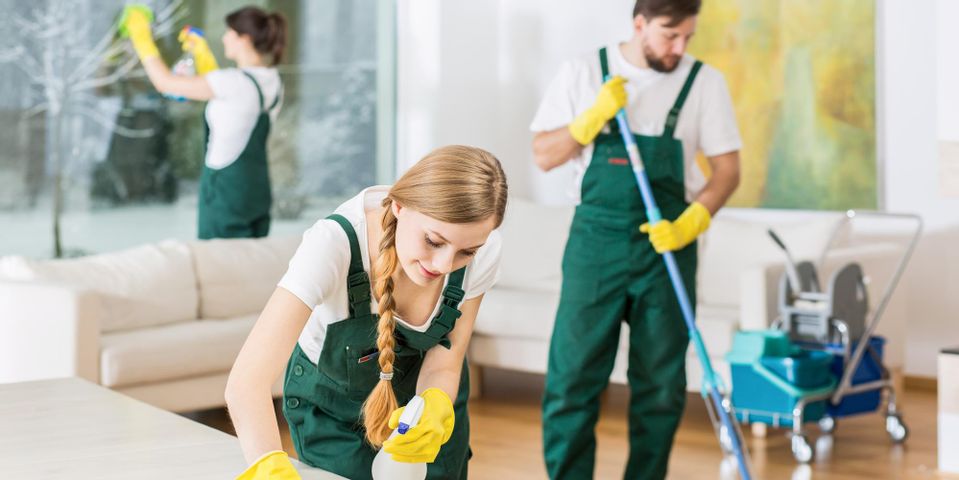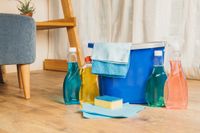How Cleaning Chemicals Impact the Environment

Consumers want house cleaning products that are safe for their families. However, you should consider the potential detrimental effects on the environment due to their chemical compounds. The following article explains which chemicals you should consider most environmentally-damaging so you can responsibly choose your cleaning solutions.
What Are Volatile Organic Compounds?
Volatile organic compounds include a wide range of harmful chemicals, such as phosphorous and ammonia. While many people are rightfully concerned about the impact of cleaning chemicals on air quality, they also affect the environment, especially when they seep into the water supply.
 Water filtration systems in cities and towns remove most contaminants. However, a portion of these chemicals can remain and have a drastic effect on the local environment and wildlife. For example, ammonia burns and eliminates plant roots, which decreases available food for wildlife.
Water filtration systems in cities and towns remove most contaminants. However, a portion of these chemicals can remain and have a drastic effect on the local environment and wildlife. For example, ammonia burns and eliminates plant roots, which decreases available food for wildlife.
What Are Chlorofluorocarbons (CFCs)?
House cleaning aerosol sprays often contain chlorofluorocarbons (CFCs). CFCs are notorious for their negative impact on the earth’s ozone layer. The use of aerosol products causes greenhouse gas, which likely contributes to climate change.
As the ozone depletes, the earth’s protection against ultraviolet radiation is less and less effective. This may cause ill-effects, including changes in how plants grow and develop, as well as marine life reduction.
As trusted providers of professional house cleaning services in La Crosse, WI, Stratton Cleaning Services relies on Norwex® products. These products are designed to have a minimal environmental impact, as well as ensure that a home’s inhabitants remain safe. Along with residential cleaning, they’re equipped to tackle office, construction, and apartment move-out cleaning. Learn more about their house cleaning services on their website or by calling (608) 397-7849 today. You can also ‘like’ them on Facebook for more helpful information.
About the Business
Have a question? Ask the experts!
Send your question

